Signs of Change
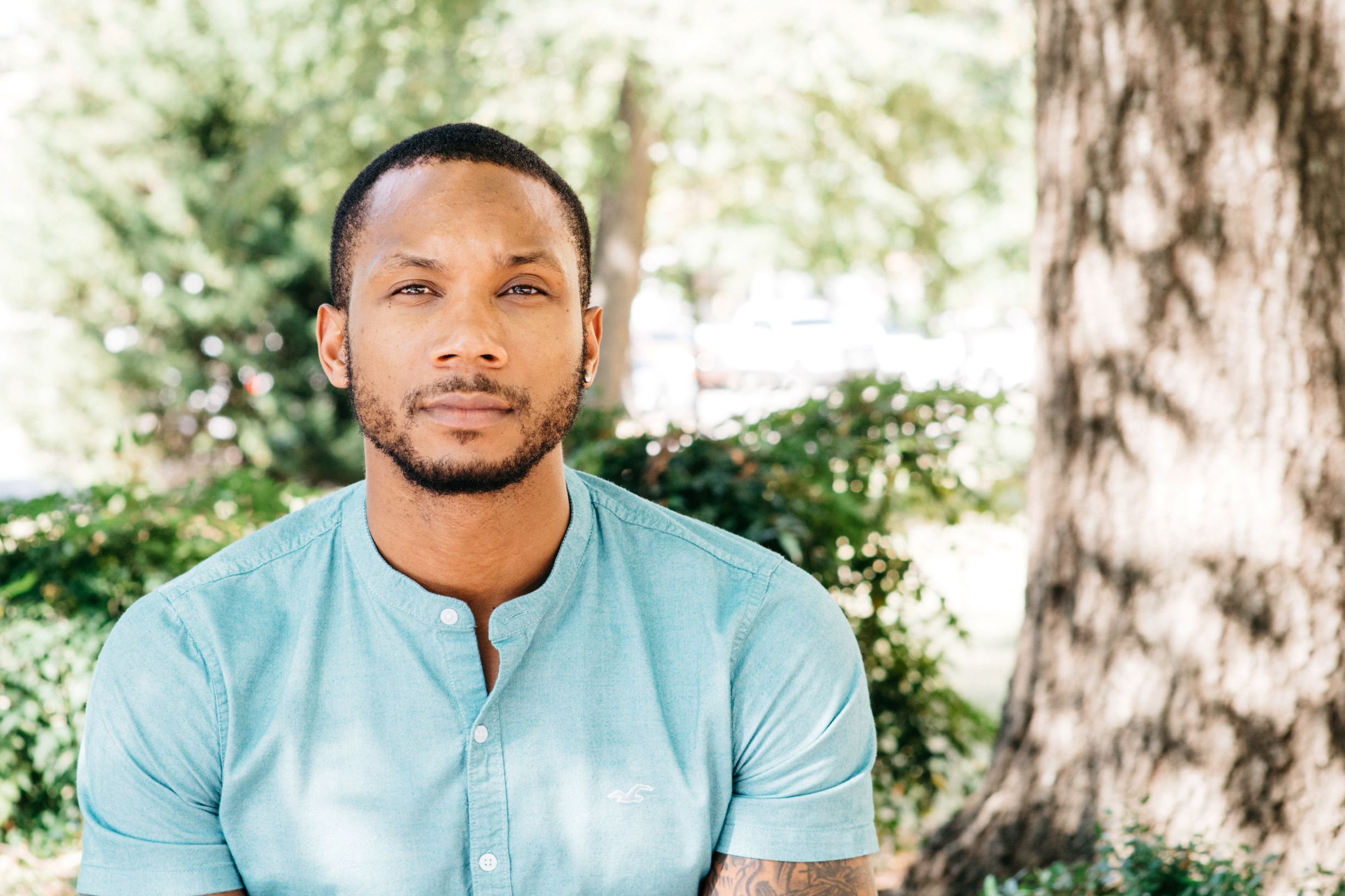
Kenton Myers ’11 believes that the only way to achieve positive change is if everyone has the opportunity to learn and understand.
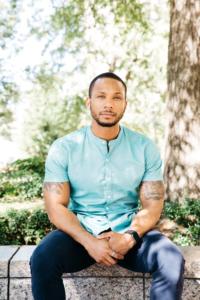 After graduating from BSC, Myers became a full-time freelance Spanish interpreter. He soon found that he had trouble communicating with deaf consumers at a facility he frequently served. His frustration inspired him to volunteer at a center for deaf services, where he learned American Sign Language (ASL) and eventually became a certified ASL interpreter.
After graduating from BSC, Myers became a full-time freelance Spanish interpreter. He soon found that he had trouble communicating with deaf consumers at a facility he frequently served. His frustration inspired him to volunteer at a center for deaf services, where he learned American Sign Language (ASL) and eventually became a certified ASL interpreter.
Now one of only four Black certified ASL interpreters in Alabama, Myers uses his skills to communicate with the deaf and hard-of-hearing community during local protests against racism and police brutality.
“I am faced with racism in my everyday life and even within the interpreting community. I, personally, feel compelled to interpret these events,” Myers says. “I want the painful stories and testimonies to come off of black and brown hands.”
As a seasoned Spanish and ASL interpreter used to one-on-one communication, Myers must take a different approach when interpreting during protests.
“Challenges for interpreting protests include large crowds with highly emotional people and hypervigilant police officers already on the defense to ‘control’ the situation, potentially being harmed by white antagonists, vicarious trauma… the list goes on. When interpreting these protests in a time when everything is on social media, the world is watching.”
In light of mask-wearing due to the COVID-19 pandemic, Myers’ role is more vital than ever.
“Sign language is a visual language,” Myers says. “It uses face and body movements as part of its grammar. For example, as hearing people, we can hear tone and voice inflection and determine emotions or temperament. That is what facial expressions do for sign language. A mask takes away a high percentage of that communication.”
While masks are a necessary safety precaution, they can lengthen the divide between hearing and deaf communities in a time when unity is essential to survival. Myers seeks to bridge this gap.
“Though it is extremely challenging emotionally, I feel a responsibility to get up there every time and give it everything I have for the cause.”
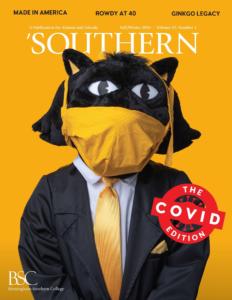 This story was published in the Fall/Winter 2020 issue of ’Southern, BSC’s alumni magazine.
This story was published in the Fall/Winter 2020 issue of ’Southern, BSC’s alumni magazine.
If you have ideas for our next issue of ’Southern, please email [email protected]. We always welcome stories about outstanding people from the BSC community.
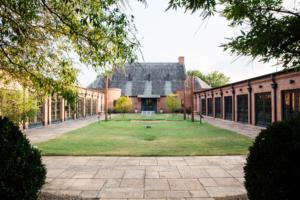
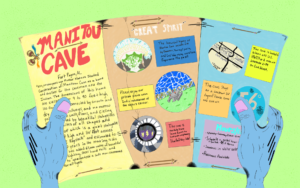
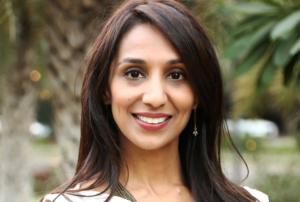
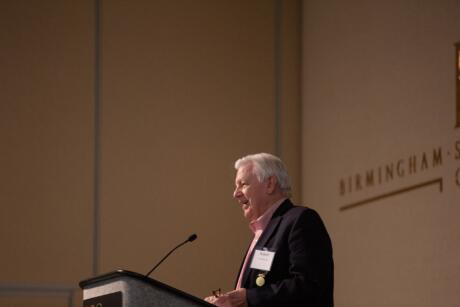
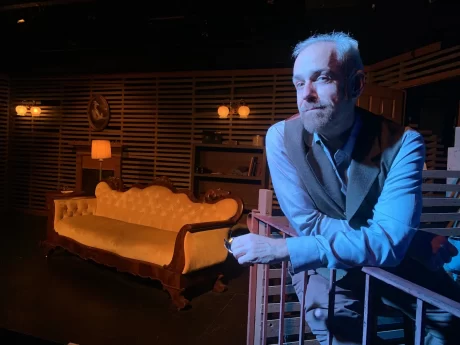
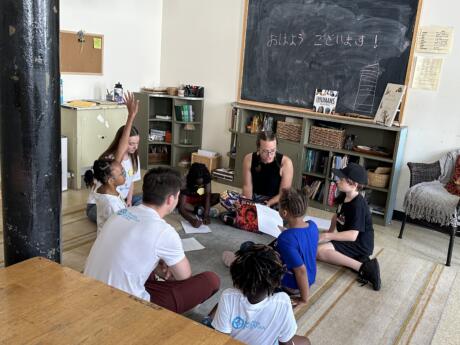
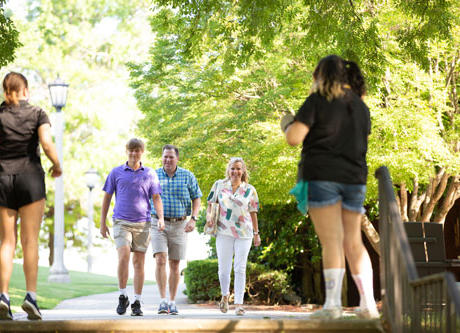
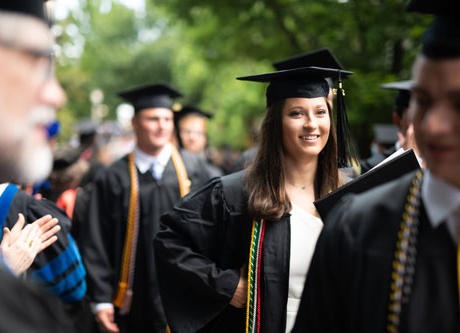
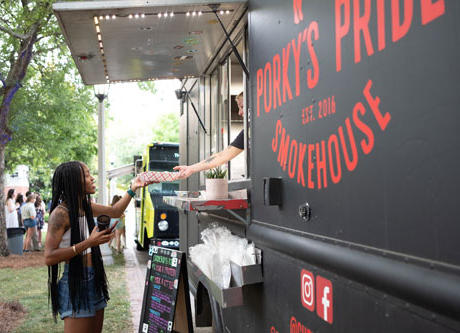
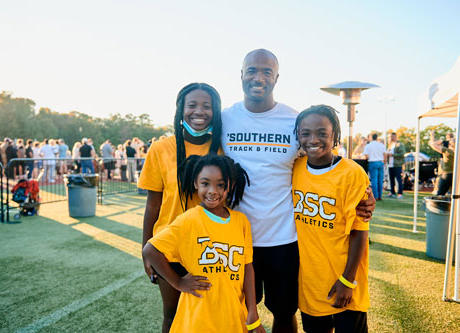
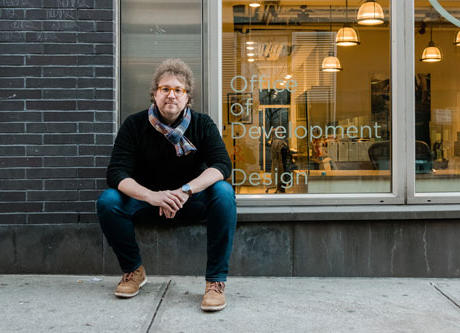
// Comments are closed //